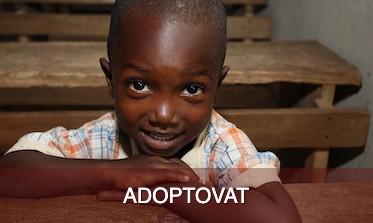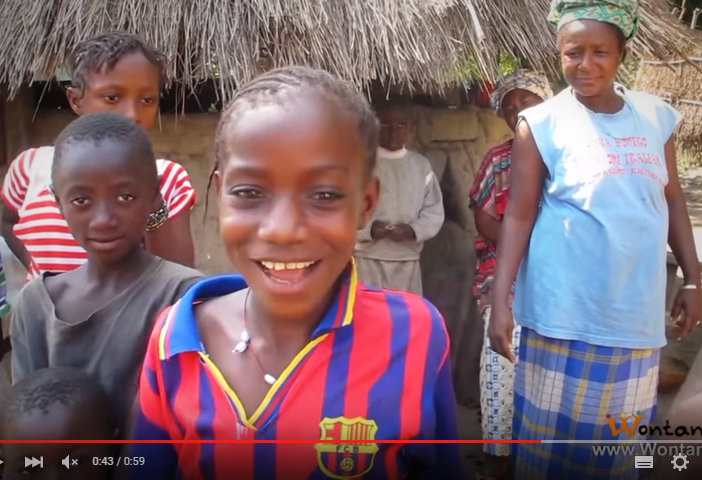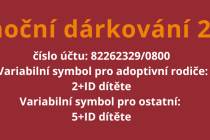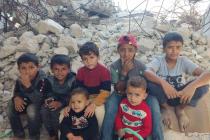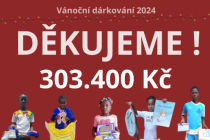We're building a school for 500 children in Guinea / Let's build it together !
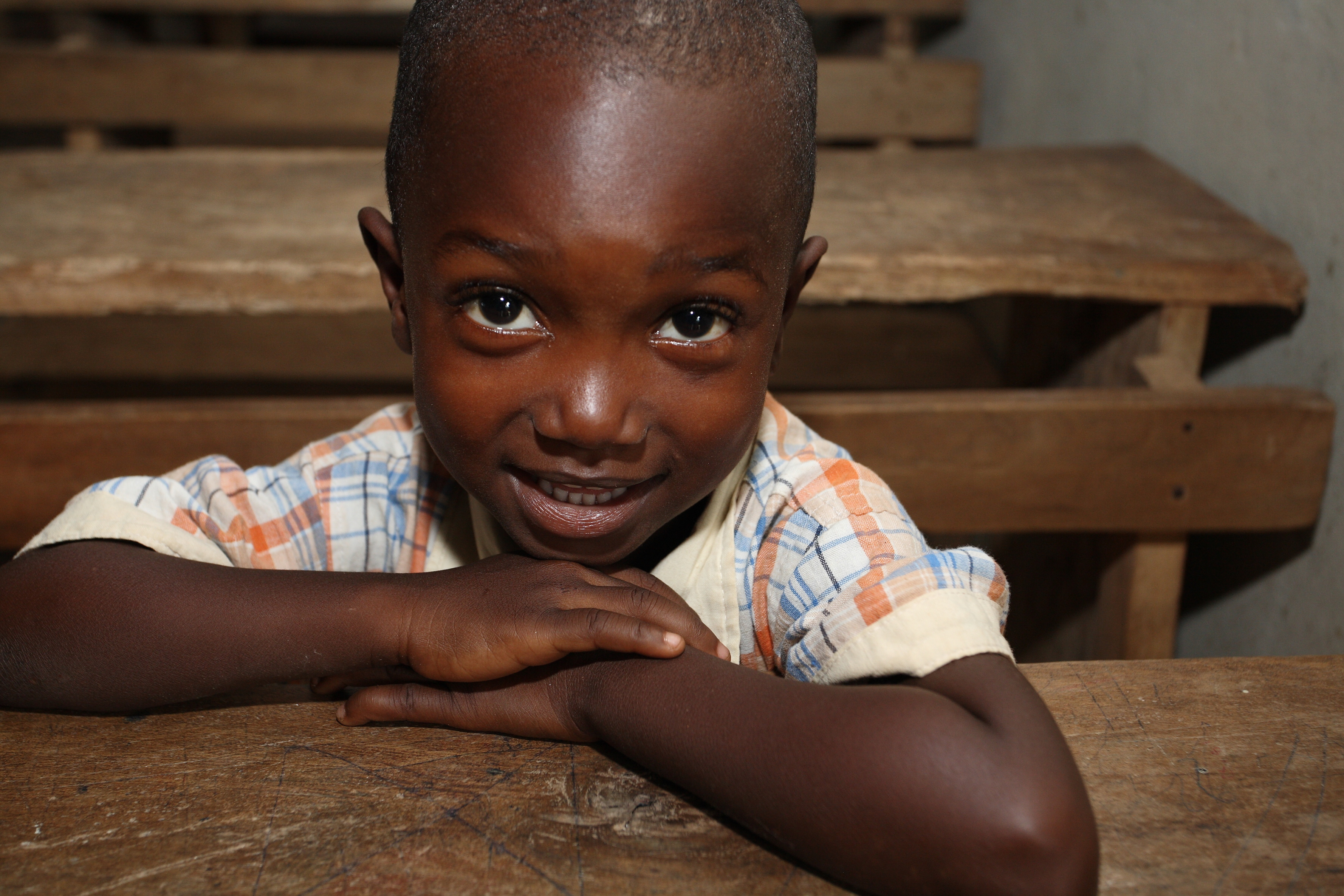
We have been already acting for 16 years in Guinea, one of the world least developed countries. Our task is to take care of education, health, food and other needs of children, especially those involved in the long distance adoptions project. Thanks to your help and the active involvement of local communities we have been able to build seven schools so far, which enable more than 3000 children to get some education.
.........................................................................................................................
Let´s build it together! Public donation account: 2800829748/2010
IBAN: CZ6720100000002800829748 SWIFT/BC: FIOBCZPPXXX
.........................................................................................................................
We have used the land offered by the people living in Menyi to install a water bore as a source of potable water, and we have begun to build another school there as well. Local people are ready to continue with the construction, the only thing missing is the material. Even with your help we can finish up the construction and another 500 children will get the opportunity of a getting a free education.
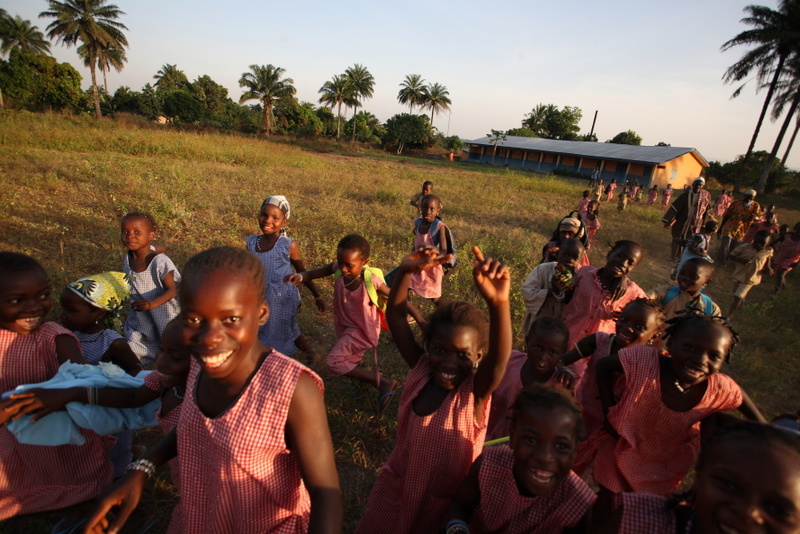 Children after the school-time in Menyi
Children after the school-time in Menyi
This is the first time we are launching a public donation. The enlargement of school is part of a long-term plan, which aims to help people in Menyi to achieve a dignified standard of living. This plan aims to turn them into a self-sufficient community independent on the external aid. At the same time, it helps them to become an inspiration for other communities dealing with the same situation.
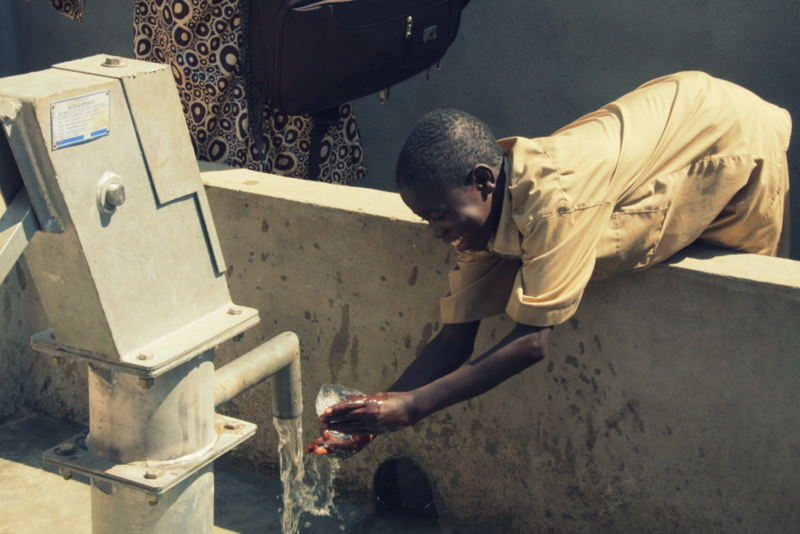 Ceremonial opening of the water bore
Ceremonial opening of the water bore
The village Menyi / Kindie / Guinea
The village Menyi is part of the Kindie region, approximately 160 km away from the capital Konakry. There are about 1100 people living in Menyi and approximately 700 of them are children under 18 years old. There is almost no infrastructure developed in the region and the people living here don´t have any access to electricity. Moreover, one single shallow well and a brook were the only sources of water for the whole village. The situation is the same in other 13 nearby villages as well. There are few distant schools in the region, however, their capacity is highly overloaded and the quality of education is very law. Such unfavourable situation covers the insufficient medical attention as well.
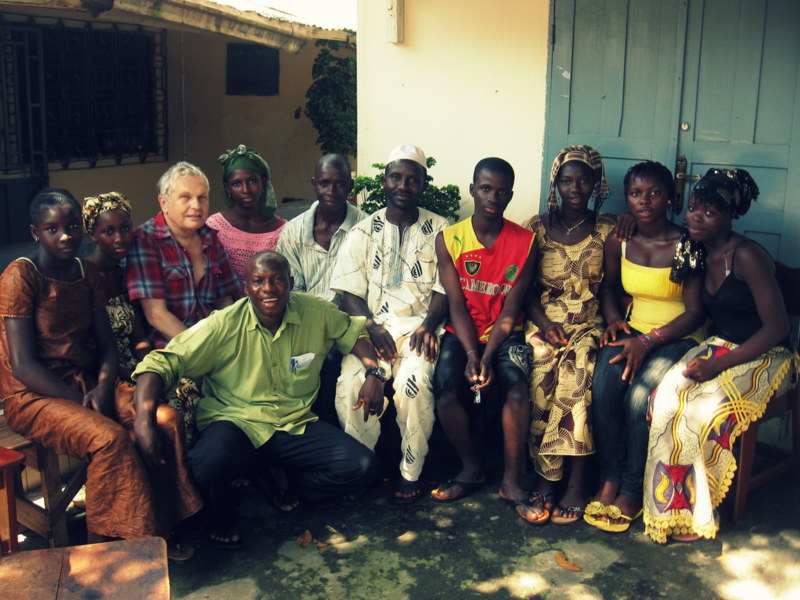 Vladimír Rychtařík visiting Guinea
Vladimír Rychtařík visiting Guinea
In 2006, construction of a school with three classes, teachers´ office, principal´s office and toilets was finished up. The only condition was the involvement of local community in the construction. Local people were picking up sand and stones around and then crushing it in the place of the construction. Water needed for the construction was carried by local people on the top of their heads (especially women) from a few hundred metres distant brook. The construction was covered by a training centre headed by a principal and other young builders went through their practices here. This school with three classes is actually being attended by 161 children, which is its maximum capacity. The education is free for all the children in Menyi. We are emphasizing the need of further teachers education and the methods of education to nonviolence.
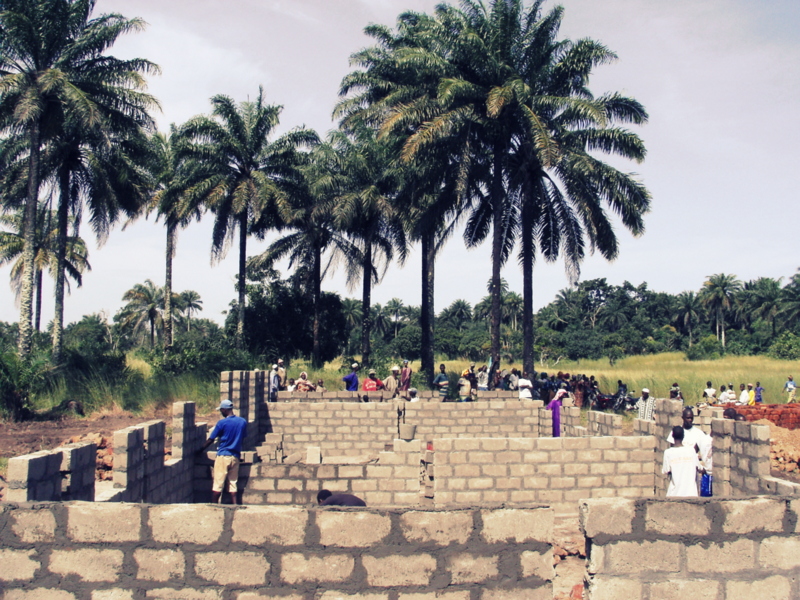 Construction of school with the help of local people
Construction of school with the help of local people
Next stage of the project, and our priority, is the enlargement of school in order to provide pre-school education, elementary education (1st – 6th class) and collee (7th – 10th class). A higher number of classes would mean the possibility to provide further education and the preparation for high school or improvement in exercising the crafts. Local people consider the education to be a next step in achieving a further development of the village – people don´t move to big cities, on the contrary, they settle down in the village, the enlargement of the village, improvement of hygiene habits and decreasing number of related diseases, possibility of ensuring a better livelihood for own family in the future.
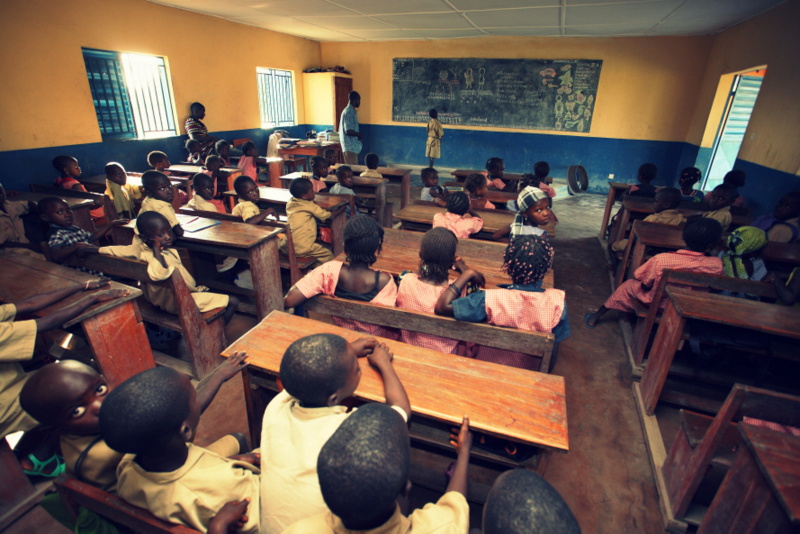 An ordinary school day in the school of Menyi
An ordinary school day in the school of Menyi
Access to potable water
Local people participated in the installation of the water bore in order to get access to potable water. The water bore works on the basis of a light lever, it means it does not need any electricity which is not accessible in the region. It is driven by the oil-fuel, however, this is not ecological and it´s very costly. The water bore was launched in 2013. Today, besides the people in Menyi, other nearby villages make use of it as well. Overall, this project affects about 1500 adults and 2500 children under 18 years old in 14 different villages. Water bore was installed thanks to the donation of one of our adoptive parents Vladimír Rychtařík.
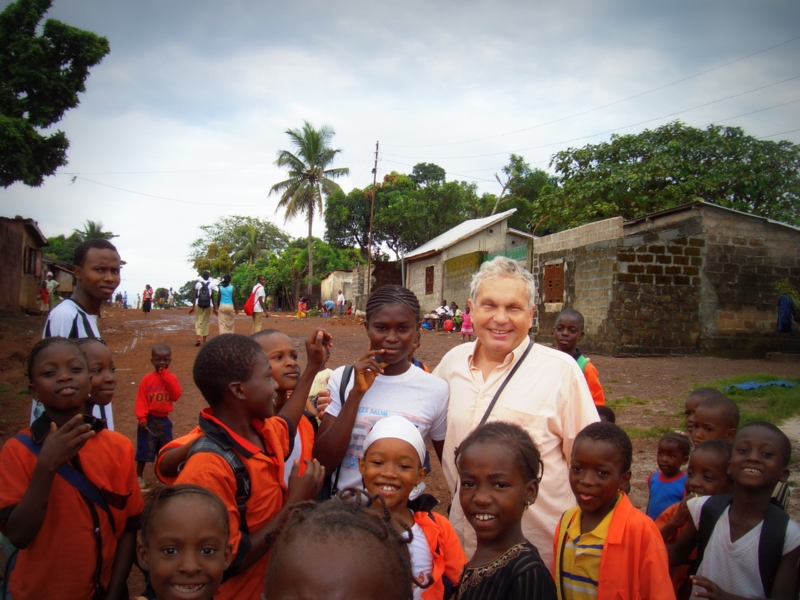 Adoptive parent Vladimír Rychtařík
Adoptive parent Vladimír Rychtařík
In the future, we are planning to achieve the electrification of the village, construction of a health centre, abandoned children´s home, multifunctional education centre for the development of crafts and free-time activities for children and the young, libraries and canteens.
.........................................................................................................................
Our project aims to achieve a dignified standard of living for local people and turn them into a self-sufficient community independent on the external aid. At the same time, it helps them to become an inspiration for other communities dealing with the same situation. We emphasize the active involvement of local community in planning, decision-making and realization of the whole project and its various stages.
.........................................................................................................................
Education will lead to self-sufficiency of the community and to a higher standard of living of local people. The access to potable water will help to avoid health issues caused by the contaminated water and exhausting carrying of water from distant sources.
Táňa Bednářová, Founder of Wontanara and Coordinator for development projects
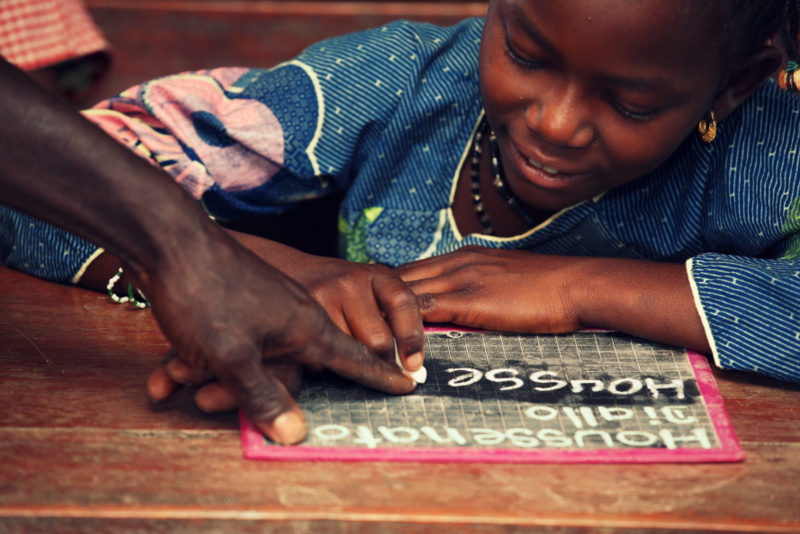
Project was supported by the Czech Development Agency and the Ministry of Foreign Affairs of Czech Republic and within the Project of Foreign Development Cooperation of the Czech Republic.



